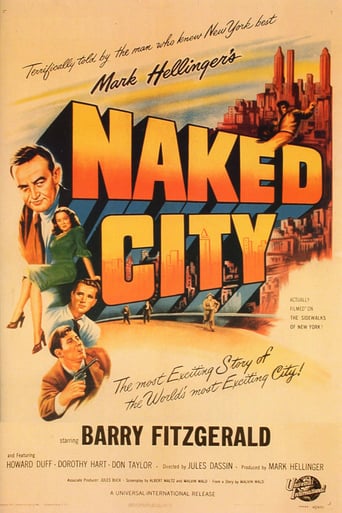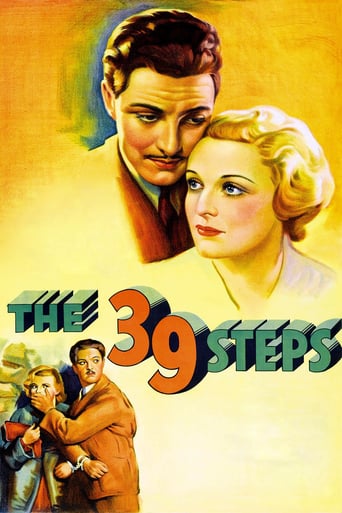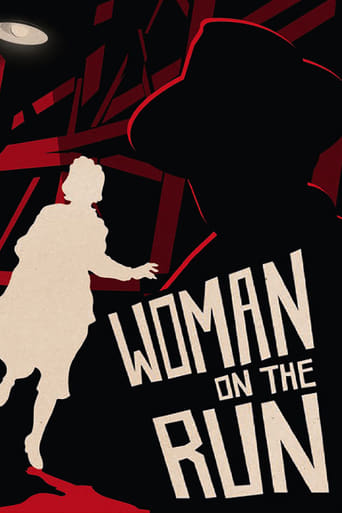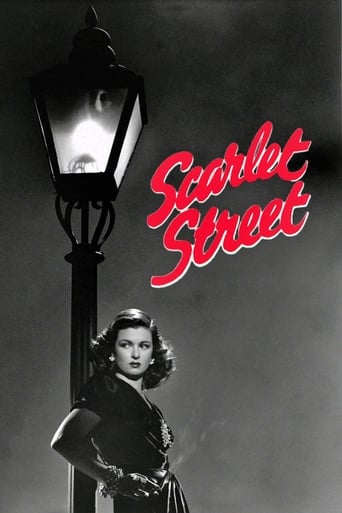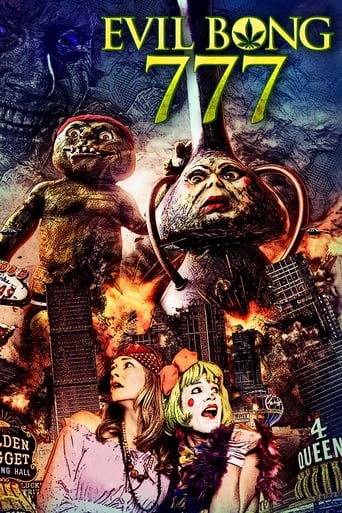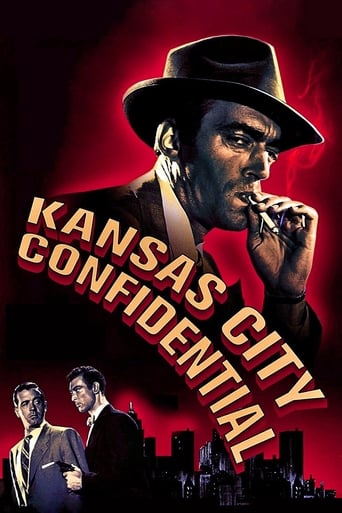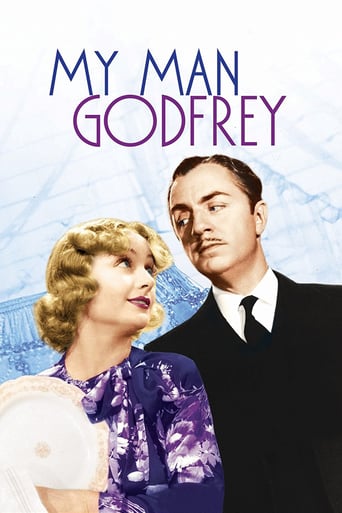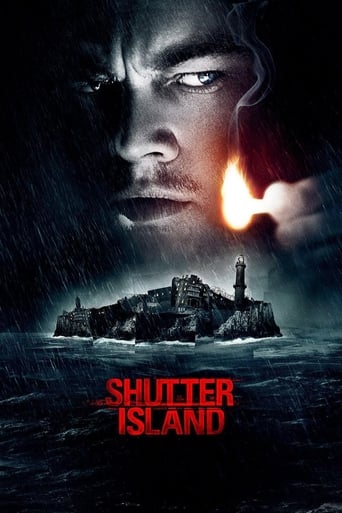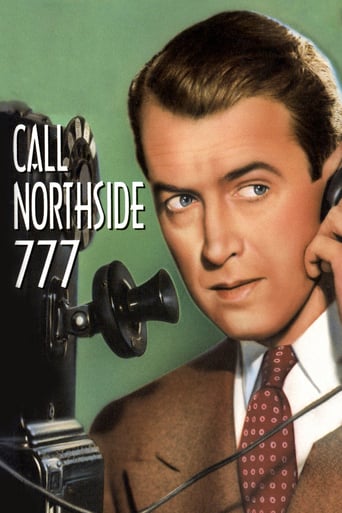


Call Northside 777
In 1932, a cop is killed and Frank Wiecek sentenced to life. Eleven years later, a newspaper ad by Frank's mother leads Chicago reporter P.J. O'Neal to look into the case. For some time, O'Neal continues to believe Frank guilty. But when he starts to change his mind, he meets increased resistance from authorities unwilling to be proved wrong.
-
- Cast:
- James Stewart , Richard Conte , Lee J. Cobb , Helen Walker , Betty Garde , Kasia Orzazewski , Joanne De Bergh


Similar titles
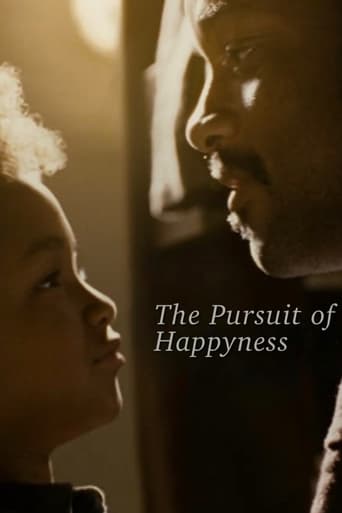
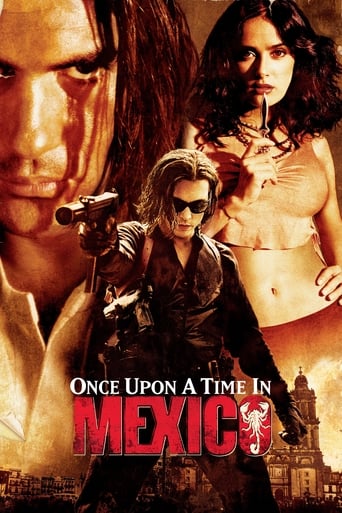
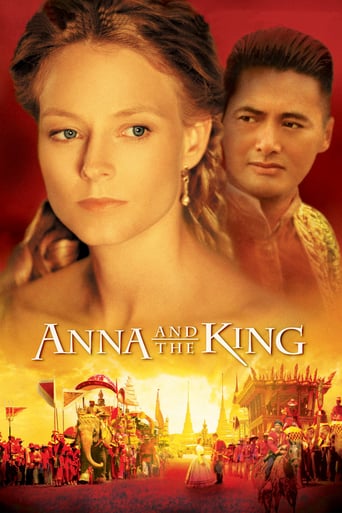



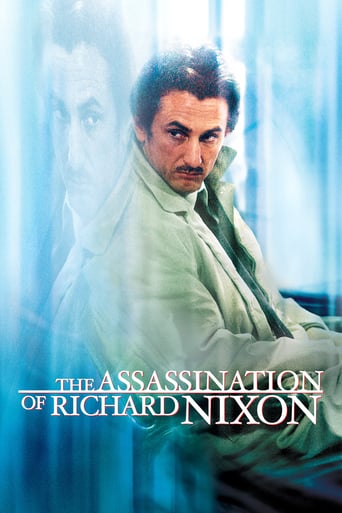


Reviews
If you don't like this, we can't be friends.
If the ambition is to provide two hours of instantly forgettable, popcorn-munching escapism, it succeeds.
A terrific literary drama and character piece that shows how the process of creating art can be seen differently by those doing it and those looking at it from the outside.
It is an exhilarating, distressing, funny and profound film, with one of the more memorable film scores in years,
This is a wonderful drama about the importance of investigative journalism. In this day of easy to come, digital news, this movie makes us stand back and realize how hard, it was for print media to get their stories. I highly recommended, modern viewers in checking this wily film noir. Directed by Henry Hathaway, the film tells the story of a Chicago reporter, P.J. McNeal (James Stewart) who trying to prove the innocence of a man, Frank Wiecek (Richard Conte) who was wrongly convicted for murder, many years before, of a Chicago Traffic Cop. Without spoiling the movie, too much, while the movie states out on screen, that this is a true story. In actually, it was based on a true story. A very loose one, indeed. Since, 20th Century Fox bought the rights to this story for a film version, they titled 'Call Northside 777', which was supposedly the phone number that the innocent man's mother used in her newspaper ad. However, the actual phone number in the ad had been the far-less memorable GRO-1758. Some other elements, besides locations numbers were also changed. One big example is character's names. They were also fictionalized out of necessity, such as some central figures to the story were still living at the time of production, and had not given permission for their names to be used like the real life victims Joseph Majczek and Theodore Marcinkiewicz. Instead, they became Frank Wiecek & Tomek Zaleska (George Tyre). Some characters were even morph, together, such in the case of real-life reporters, James McGuire and Jack McPhaul who became P.J McNeal in this version. Other characters were cut out, like the judge, Charles P. Molthrop that believed a miscarriage of justice had occurred and promised the victim a new trial. Even witness, James Zagata who saw Molthrop's admission was omitted. Nor does the movie mention GOP assemblyman Ragnar "Rags" Nelson, who help in Majczek's release. Nor does the movie ever show, the Bailiff, who supposedly talk to Stewart's character in the film. Did I miss something? The movie never show that scene. While, these examples can be a bit distracting for anybody who is a history nut, but it wasn't too jarring to me. It didn't take me, out of the movie. It's still told the suspenseful story with a vivid, realistic pictorial journalism style. However, I think, I can do without the narrative of Truman Bradley. I saw, everything that he was describing on screen. Was he really needed? This movie really need to learn, 'show, don't tell' style concept of filmmaking. His voice was also getting a bit annoying with his overpraising of the newspaper business, too. Thank goodness, they cut him, off from most of the middle of the film. It was starting to hurt the film, a bit. It's so distracting. I guess, they were trying too hard on the then-novel "documentary style" of filmmaking. Indeed, the film is shot in odd style, with introductory title cards that let the viewer know the film is based on an actual Chicago murder case and that, whenever possible, the film was shot on location in Chicago, using the same settings where the actual events took place. I think a lot of this, wasn't really needed. Did we really need a reenacting of the famous 1871 Chicago Fire in this movie's opening? Honestly, what does using footage from 1937's movie 'Old Chicago' really have to do with then-modern day Chicago and this crime? It felt a little bit, like time-wasting. Also, I know this movie was the first Hollywood feature film to be shot on location in Chicago, but does the movie really needed to remind us that it is. Despite that, the film still captures not only the spirit of the story but also the essence of Chicago's night life. A lot of people talk about this film, as if it's a film noir movie, however, in my opinion, the movie itself seems a little light to be considered "film noir." After all, the movie has a happy predictable outcome, even if the real life events, end up more tragic with Majczek ending up in Asylum for another murder and Marcinkiewicz committing suicide. Also, the whole 'photo blowing' and 'polygraph' short cut, toward the end, was a bit unbelievable and full of pseudoscience BS. In my opinion, they should had still to the original ending. While, the crime story fit the genre, there is only a few scene that seem to master, the low-key lighting and deep cinematography as well. The Chicago locations feature in the film, wasn't as dangerous, tense, foreboding atmosphere as it should had. The lighting is way too bright in most scenes, plus the films tone is more positive than gritty. It's more like 'Ripped from the Headlines', journalism driven type film than anything. Remind me, a bit of 1967's crime drama 'In Cold Blood' in the way, the reporter operations. I kinda like Stewart as the tough, hard edge and cynical, P.J O'Neal. His character had a lot of character development. It's nice to see, Stewart mature from the naïve, boyish characters of his earlier films, and give him, chances to play more mature roles in the 1950s with Alfred Hitchcock. However, the most irritating about the character is the fact, he never takes notes. That was a bit unrealistic. The supporting actors, were just as strong as Stewart, with Lee J. Cobb playing his boss, to Kasia Orzazewski as Tillie Wiecek. Nevertheless, Richard Conte's wonderful performance as Frank Wiecek is the one that really shines out. I'm surprise, none of these actors were nominated for an Academy Award for these roles. What a shame! I also love the fact that the cops in the film, are real cops and the real Leonarde Keeler is playing himself in the film. It's add to the realistic tone of the film. Overall: This movie is great. It really needs to be watch more. Highly recommended.
Documentary-style and intriguing film based on facts about an unjustly imprisoned man . Actually, this film was based on a true story. Some elements, especially characters names, were fictionalized out of necessity, such as some central figures to the story were still living at the time of production, and had not given permission for their names to be used . It deals with a hard-boiled Chicago reporter P.J. McNeal (James Stewart) assigned by his publisher (Lee J Cobb) to investigate a strange information . As the cunning reporter finds himself in the crux of an important investigation uncovers new new clues in Wiecek case and unravels police cover-ups and missing evidence pointing to an imprisoned man's innocence . As he ferreted around until he found out the truth about a 12-year-old killing case . The journalist follows up a newspaper as offering 50000 dollars for any information leading to the arrest and conviction of a police killer . MacNeal right up to the ending agonising attempts to prove the innocence of of the inmate sent down for a killing he didn't do . The unjustly imprisoned for 11 years in real life was Joseph Majczek. After being released from prison in 1945, he worked as an insurance agent in Chicago. For his wrongful imprisonment, the State of Illinois awarded him $24,000, which Majczek gave to his mother Tillie. Majczek eventually remarried his wife with whom he had divorced while he was in prisonDocudrama/thriller based on the actual facts about Joe Majczek and the Pulitzer Price winning reporter Jim McGuire who through a deep investigation , found enough evidence to have the case reopened . This is a thrilling picture , as you get completely absorbed in its vision , captivating every step of the way thanks to pacy filmmaking and awesome interpretations . Interesting as well as thought-provoking plot with an incident-filled script by Jerome Cady and Jay Dratler based on articles by James P. McGuire and Jack McPhaul . Very good acting by the great James Stewart as an obstinate journalist who slowly comes to realize that there was a miscarriage of justice . Secondary cast is frankly excellent such as Lee J Cobb , E. G. Marshall , Moroni Olsen , Charles Lane and Helen Walker as wife . First credited film role of John McIntire, who portrayed Sam Faxon and Thelma Ritter's role as the police captain's secretary was mostly deleted from the released print, but she can still briefly be seen and heard in one scene . And film debut of Kasia Orzazewski who portrayed Tillie Wiecek, mother of the second lead character of Frank W. Wiecek. Evocative cinematography in black and white by Joseph MacDonald .This film was photographed in the State of Illinois using wherever possible, the actual locales associated with the story. "Call Northside 777 ¨ (1948) was actually the very first Hollywood produced feature film to be shot entirely on location in Chicago . Many famous landmarks, such as the Chicago Merchandise Mart, Holy Trinity Polish Mission, and the Wrigley Building on North Michigan Avenue, can be seen throughout the film. Emotive as well as atmospheric musical score by the classical Alfred Newman . The motion picture was stunningly directed by Henry Hathaway . Henry was a craftsman who had a long career from the 30s with successful films , and especially Westerns , as ¨Brigham Young¨ and ¨Raw Hide¨ . In his 60s Hathaway still got the vigour to make some fiery movies as ¨From Hell to Texas¨, ¨How the West was won¨, ¨Nevada Smith¨, and ¨Shoot out¨ . Hathaway also directed Noir genre as ¨Kiss of Death¨, ¨The House on 92nd Street¨ , ¨Niagara¨, ¨23 Paces to Baker Street¨ , adventures as ¨The last safari¨ , ¨Prince valiant¨ , ¨White rose¨ , ¨White Witch Doctor¨ and other kind of genres .
So says one of the observers on random wrongful conviction victim Frank Wiecek in this docudrama (= based on a true AND representative story of the American Way). CALL NORTHSIDE 777 is refreshing for its post-WWII naivete in which inhabitants mistook America for a Democracy (one man, one vote) as opposed to the corporate conglomerate it actually is (one dollar, one vote, codified into law explicitly with the recent CITIZENS vs. UNITED U.S. Supreme Court decision). Why someone as smart as George Bailey (or Chicago TIMES reporter Jim McNeal here) would not know this is beyond me. For 150 years, U.S. law enforcement has had two prime directives: protect rich people's property, and protect itself. Any other goal comes in a distant third at best. When anyone breaches raisons d'etre #1 OR #2, a random poor person can be easily incarcerated and\or fried if the real culprit is not conveniently available or appropriate to convict, as is the case with this story's police patsy, Frank Wiecek (and his inexplicably lost-at-the-end co-defendant, Tomek Zaleska) in this film. Released after 11 years of political imprisonment with just $10, crusading Chicago TIMES reporter Jimmy Stewart tells Frank he's lucky he's been given 91 cents for each of his 11 years at hard labor. So what if Frank lost his youth and his wife, and not even O.J. is looking for Officer Bundy's "real killer" in this case (the late police Captain Norris?). In one of Wikipedia's articles on world justice, it's noted that the percentage of inmates and executed people in the U.S. who were below the poverty line as free civilians is 71%, 20 points higher than any ACTUAL world Democracy (= one man, one vote). Though the Tea Party labels poor people as Satan's spawn, CALL NORTHSIDE 777 proves they're the salt of the earth, as Jesus said, as well as easy pickings when the criminal U.S. justice system needs a scapegoat.
Chicago reporter P.J. McNeal (James Stewart) re-opens a ten year old murder case.Although I am more familiar than the average person on Chicago's gangland in the 1930s, I had not heard the cases of Joseph Majczek and Theodore Marcinkiewicz. Perhaps because they were Polish and the histories tend to focus on Italians. This is a great tale, as all tales of wrongly-convicted men are.James Stewart never fails, and the film is even better that it features the real Leonard Keeler as himself, the inventor of the polygraph machine.


